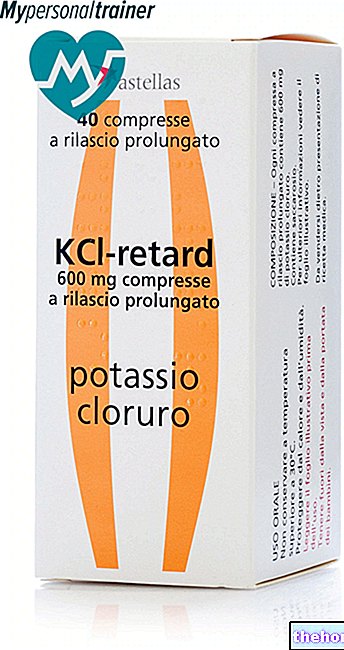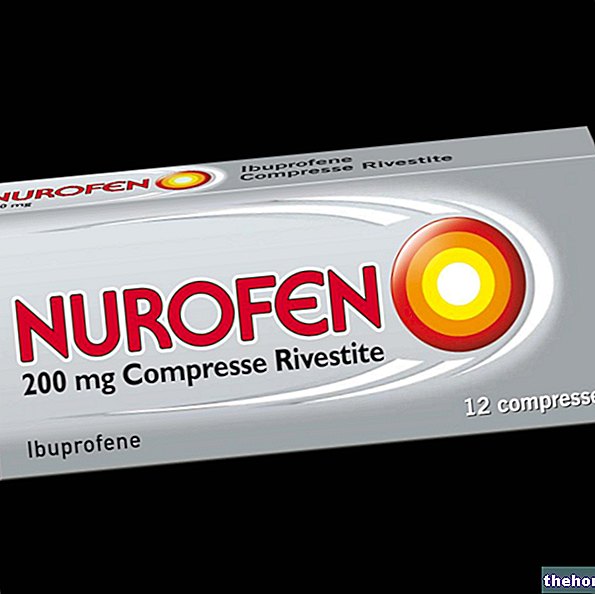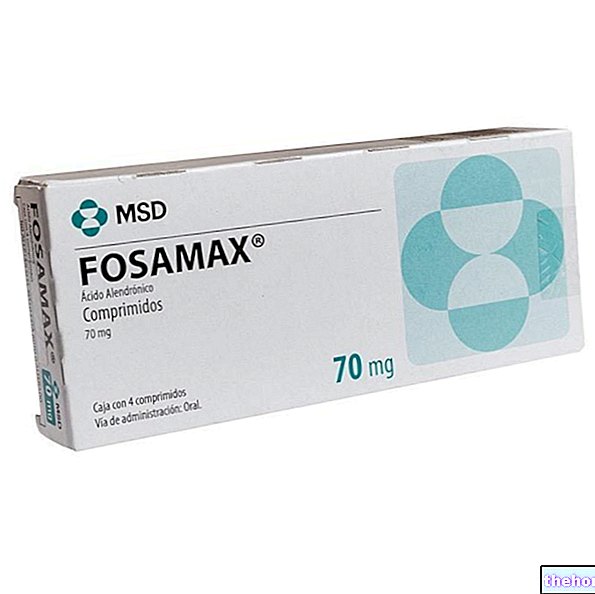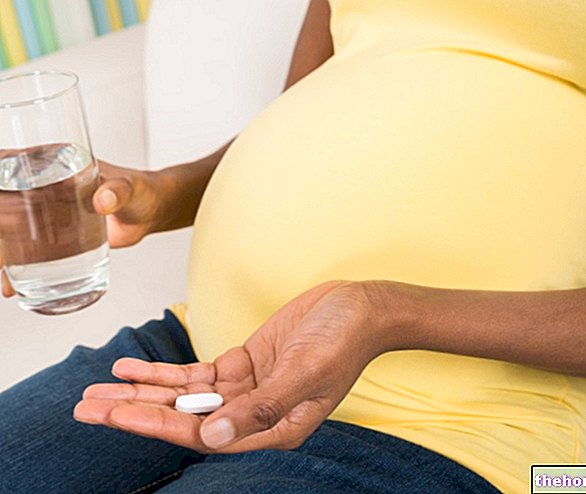Definition
"Esophagitis" is defined as an "acute or chronic inflammation of the mucous membrane of the" esophagus, essentially due to the upwelling of gastric juices from the stomach. Esophagitis is one of the gastroesophageal reflux diseases.
Causes
Esophagitis is often directly related to hiatal hernia; however, it can also be favored by allergies (eosinophilic esophagitis), intake of acidic or corrosive substances (erosive or drug esophagitis), infections (infectious esophagitis, typical of immunosuppressed patients) or radiation-ionizing therapies.
Possible risk factors for esophagitis: abuse of coffee, alcoholism, poor diet, chemotherapy, hiatal hernia, family history of the disease, pregnancy, immunosuppression.
Symptoms
The main symptoms associated with esophagitis include: difficulty swallowing, stomach pain, retro-sternal chest pain, loss of appetite, nausea, regurgitation of saliva and vomiting. The most fearful complication associated with esophagitis is Barret's esophagus.
Diet
The information on Esophagitis - Esophagitis Treatment Drugs is not intended to replace the direct relationship between health professional and patient. Always consult your doctor and / or specialist before taking Esophagitis - Esophagitis Treatment Drugs.
Medicines
The ideal drug for the treatment of esophagitis, which must always be prescribed by the doctor, depends on the severity of the problem, the form of esophagitis and the etiology:
Over-the-counter antacids for esophagitis
- sodium bicarbonate (NaHCO3) this substance acts rapidly by neutralizing gastric acids, but has unpleasant side effects (alkalinization of the urine, swelling, hypersodemia). The use of sodium bicarbonate should not be a common practice, rather it can be used to temporarily reduce esophagitis, after consulting a doctor.
- Magnesium hydrate Mg (OH) 2 and aluminum hydrate Al (OH) 3 (eg Maalox plus): have a longer duration of action and reduced absorption compared to sodium bicarbonate. It is preferable to combine the two active ingredients together, since they have opposite side effects (magnesium hydroxide is a laxative, aluminum hydroxide is responsible for constipation). Take 2-4 tablets per day (500-1500 mg) with plenty of water, 20-60 minutes before meals and before bedtime.
Alginates (eg. Gaviscon advance): antacids containing alginates are able to reduce gastroesophageal reflux and, at the same time, protect the mucosa of the esophagus; moreover, the antacid-alginate association increases the viscosity of the gastric contents thus protecting , the mucosa of the esophagus from gastric reflux. The drug under consideration is an oral suspension of 100 mg of sodium alginate associated with 20 mg of potassium bicarbonate (per milliliter of product); take 5-10 ml of oral suspension after meals and before bedtime.
Antisecretive drugs: being able to break down gastric acidity, these drugs guarantee the esophagus sufficient time to heal:
- Antagonists of histamine H2 receptors (antisecretives): for example, Nizatidine (eg Nizax, Cronizat, Zanizal, 150 mg tablets) is an active ingredient widely used for the treatment of esophagitis: take one tablet twice a day for the treatment of erosive esophagitis and for the treatment of gastroesophageal reflux diseases in general.
Another drug widely used in the treatment of esophagitis is Cimetidine (eg Ulis, Biomag, Tagamet): it is recommended to take one 800 mg tablet orally once a day, or two 400 mg tablets four times a day. Possible also the administration of the drug by parenteral route: 300 mg iv or im every 6 hours The duration of the treatment must be established by the doctor. - Proton pump inhibitors: Proton pump inhibitors (possibly associated with prokinetics): typically prescribed when the patient does not respond positively to treatment with an H2 receptor inhibitor. In this category, Esomeprazole (eg Ariliar, Lucen, Nexium) is among the drugs used preferentially for the treatment of esophagitis. Take 20-40 mg of the drug orally (or intravenously) once a day for a period ranging from 4 to 8 weeks.
Stimulants of intestinal motility: these drugs are useful as adjuvants in esophagitis: by accelerating gastric emptying, the drug improves the functionality of the gastroesophageal sphincter.
- Metoclopramide (eg Plasil, Isaprandil): take 10-15 mg of active ingredient no more than 4 times a day, 30 minutes before meals and at bedtime. Do not extend therapy beyond 12 weeks.
- Domperidone (eg Motilium, Peridon): take one tablet (10 mg) 3-4 times a day before meals, for no more than 4 weeks.
Taking oral or inhaled steroids to mitigate the inflammation linked to the allergic reaction (eosinophilic esophagitis): in this case, the doctor must identify the allergen responsible for the esophagitis and prescribe the most suitable treatment for the patient.
Antibiotics: in case of infectious esophagitis, it is advisable to administer antibiotics active against the pathogen that caused the damage. In such situations, the doctor will prescribe the most suitable drug and the method of use, after having identified the bacteria responsible for the esophagitis and having tested its sensitivity to antibiotics.
The best cure for esophagitis is prevention:
- avoid the intake of allergenic foods, responsible for eosinophilic esophagitis
- avoid smoking and alcohol
- decrease the intake of foods with caffeine
- improve eating habits
- stop taking a drug to which you are sensitive (responsible for iatrogenic esophagitis)
- reduce the size of the meal and, above all, limit lipids, especially if cooked or rancid
- eat slowly
- follow a low-calorie diet (when needed)
These measures are useful for esophagitis prophylaxis, as well as preventing relapses.
Other articles on "Esophagitis - Medicines for the Treatment of" Esophagitis "
- Esophagitis: diagnosis and treatment
- Esophagitis
- Barrett's esophagus
- Medicines for the treatment of Barret's esophagus
- Diet for esophagitis



























